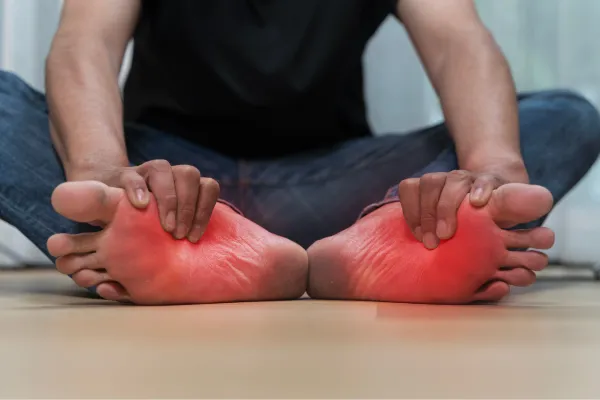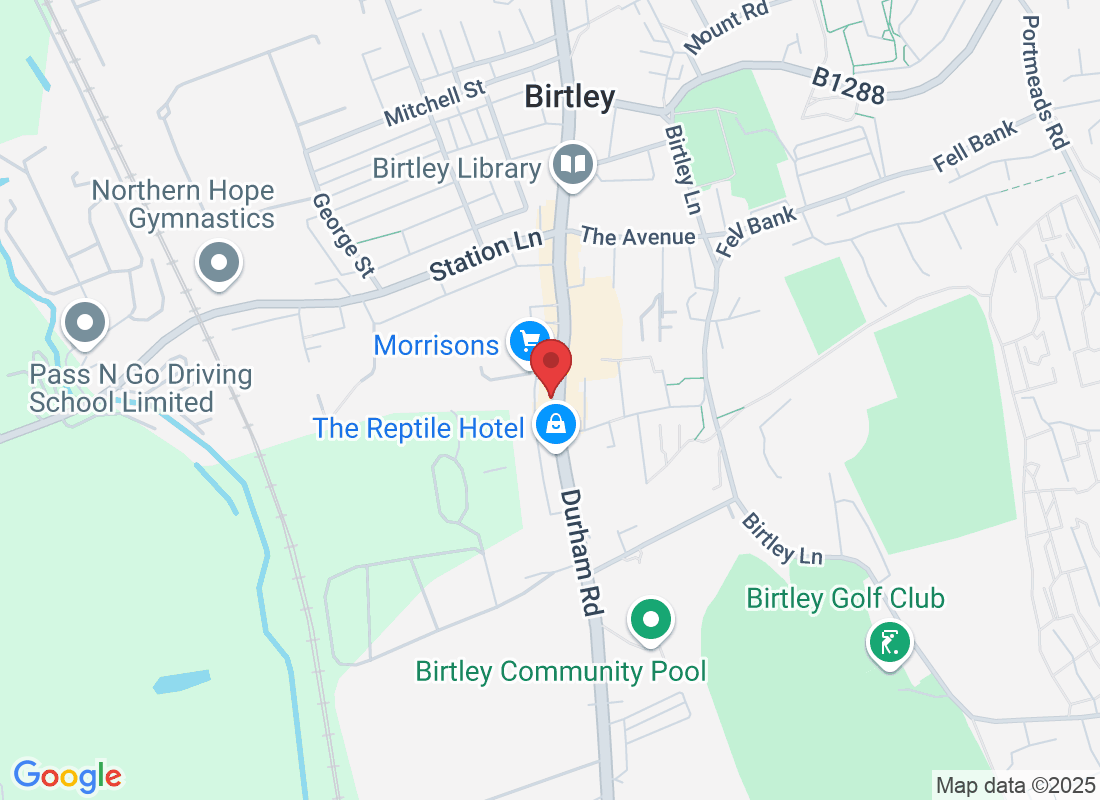
Don’t Ignore These Early Signs of Plantar Fasciitis
Ever step out of bed in the morning and feel a sharp pain in your heel? Like you’re walking on a stone? You might brush it off and think, “I just slept funny.” But if it keeps happening, your feet are trying to tell you something — and it could be plantar fasciitis.
Let’s talk about the early warning signs, why they matter, and what you can do to stop this foot pain from getting worse.
What Is Plantar Fasciitis?
Plantar fasciitis (say it like: PLAN-tar fash-ee-EYE-tis) happens when the thick band of tissue under your foot — called the plantar fascia — gets irritated or damaged. This tissue runs from your heel to your toes and helps support your arch. When it’s overused or stressed, it becomes sore and inflamed.
It’s one of the most common causes of heel pain, especially in people who:
Stand or walk a lot
Wear unsupportive shoes
Have high arches or flat feet
Exercise without warming up properly
Are over 40 (though anyone can get it)
Early Signs You Shouldn’t Ignore
Spotting the signs early is the key to stopping the pain before it takes over your life. Here’s what to look out for:
1. Heel Pain in the Morning
This is the classic sign. It feels like a sharp or stabbing pain when you take your first steps out of bed. The pain might ease as you move around, but it often comes back later.
2. Pain After Resting
Been sitting for a while or driving for long periods? If your heel hurts when you stand up again, that’s another red flag.
3. Pain That Gets Worse Through the Day
At first, it might just hurt in the morning or after sitting. But over time, the pain can last all day and get worse with more walking or standing.
4. Stiffness in Your Foot
Your foot might feel tight or hard to move, especially around the arch or heel area.
5. Pain After Exercise, Not During
Exercise might feel fine at first, but once you stop moving, the heel pain kicks in. This is a big clue it could be plantar fasciitis.
Why Ignoring It Can Make Things Worse
Plantar fasciitis might start as a little ache — but if left untreated, it can become a constant, painful problem. Some people even start changing the way they walk to avoid the pain, which can lead to other issues in your knees, hips or back.
The sooner you get help, the easier it is to treat.
What Can You Do About It?
Good news: you don’t have to live with heel pain! Here are some steps that can really help:
Rest and Ice
Cut back on the things that cause pain and apply ice to your heel for 15-20 minutes a few times a day.
Supportive Shoes
Swap flimsy flats or worn-out trainers for shoes that support your arch and cushion your heel.
Try Insoles
Special insoles or orthotics can reduce pressure and give your foot the support it needs.
Stretching Exercises
Gentle foot and calf stretches can ease tension in the plantar fascia and speed up healing.
See a Foot Specialist
If the pain keeps coming back, it’s time to book in with a podiatrist. At our clinic, we offer Plantar Fasciitis Help in Gateshead to get to the root of the problem and stop it in its tracks.
When to See a Podiatrist
If you’ve had heel pain for more than a couple of weeks, or if it keeps coming back, don’t wait. A podiatrist can check what’s really going on with your foot and create a personalised plan to help you recover.
At Birtley Foot Clinic, our team is trained in treating plantar fasciitis. We use gentle, effective treatments to reduce pain, improve healing, and help you get back on your feet — literally.
Quick Reminder: Don’t Wait for It to Get Worse
Heel pain might seem small now, but it can grow into something that affects your daily life, your work, and even your sleep. The earlier you act, the easier it is to fix.
So if any of these signs sound familiar, take the next step and get the help your feet deserve.
Need Plantar Fasciitis Help in Gateshead?
We’re here to help you walk pain-free again.



